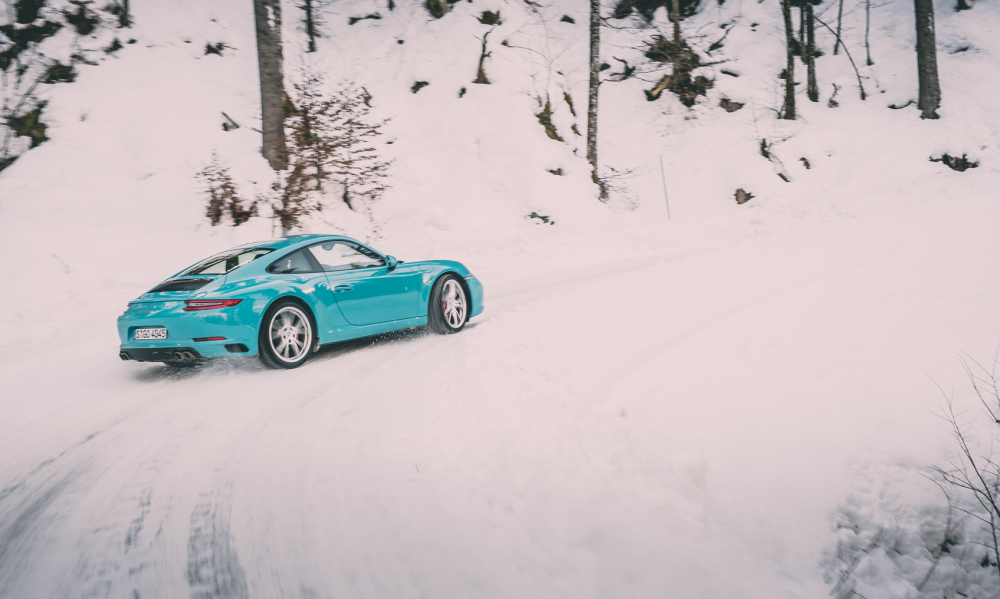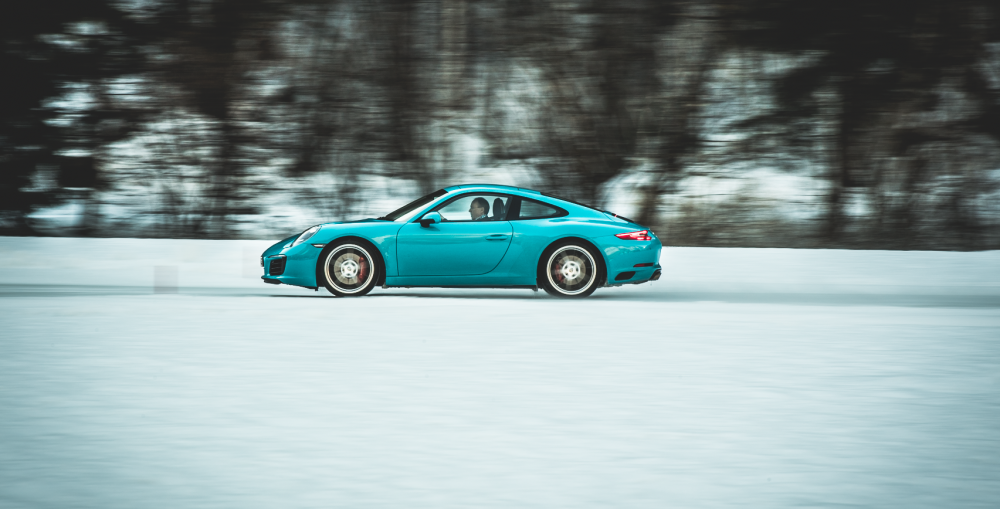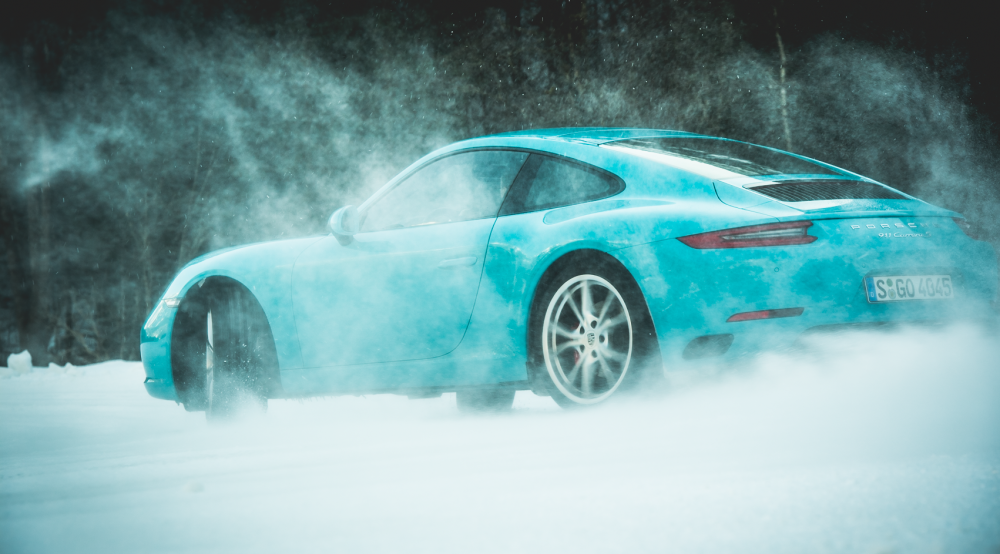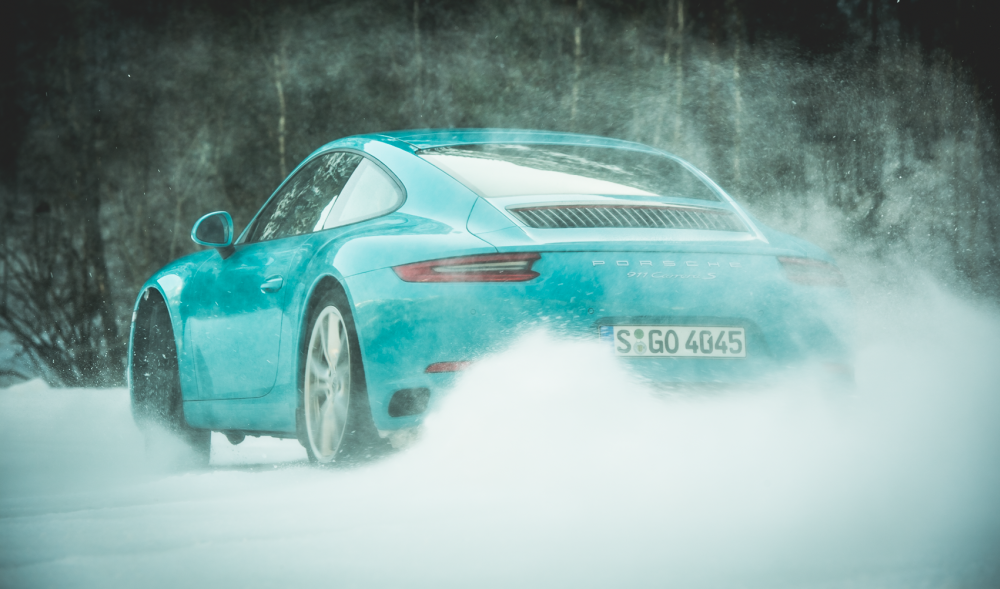We were quite small then, and every time they tossed us into the air to hang above our parents’ heads and then to fall a moment later into the safety of tight embracing arms, we were even more overjoyed. We experienced a sense of weightlessness, of being as light as a feather, of floating in the air. We certainly weren’t thinking about Newton’s law of gravitation. And not even why the Apple falls from the tree or why the moon stays in orbit. We were simply floating, weightless as we hung suspended in mid-air watched carefully by Mum and Dad on our way up and back again.
Perhaps that‘s why we are so fascinated today when we gently override the laws of friction – and the sounds of ”Killing me softly“ travel from head to heel-and-toe before penetrating our erogenous zones. When we move at what is a low coefficient of friction anyway from static to kinetic friction by applying more torque or drag torque and ask the companion we are sitting on to travel sideways as aesthetically and artistically as possible. Then there is no squealing of tyres, no smoking rubber and then there is hardly any measurable wear. We dance on snow and ice like prima ballerinas, are as light as a snowflake floating through the Arctic winter.
It’s great. It brings back those early childhood days and is similar to what astronauts report after they return from weightlessness: a constant feeling of happiness. For us adults, only parabolic flights are able to create the same feeling. Or perhaps drifting on ice, even if it‘s been induced using the throttle, brake or engine drag torque, using the classic method with rear-wheel drive by applying counter-steer and carefully adjusting the accelerator or with all-wheel drive transmissions using a moderate steering angle and pumping the throttle as you drift along at absurd (partially negative) drifting angles – these are the moments that will bring back that childhood pleasure and send an addictive hormonal cocktail through your entire body. Little has been handed down on Beethoven‘s relationship to physics, but if he had experienced it as we have, then it is conceivable that in his “Ode to Joy” he would have written something else: ”Joy, beautiful slip angle, Daughter of Elysium.“
Text: Francesco Pyloni, Fotos. Stefan Bogner












































